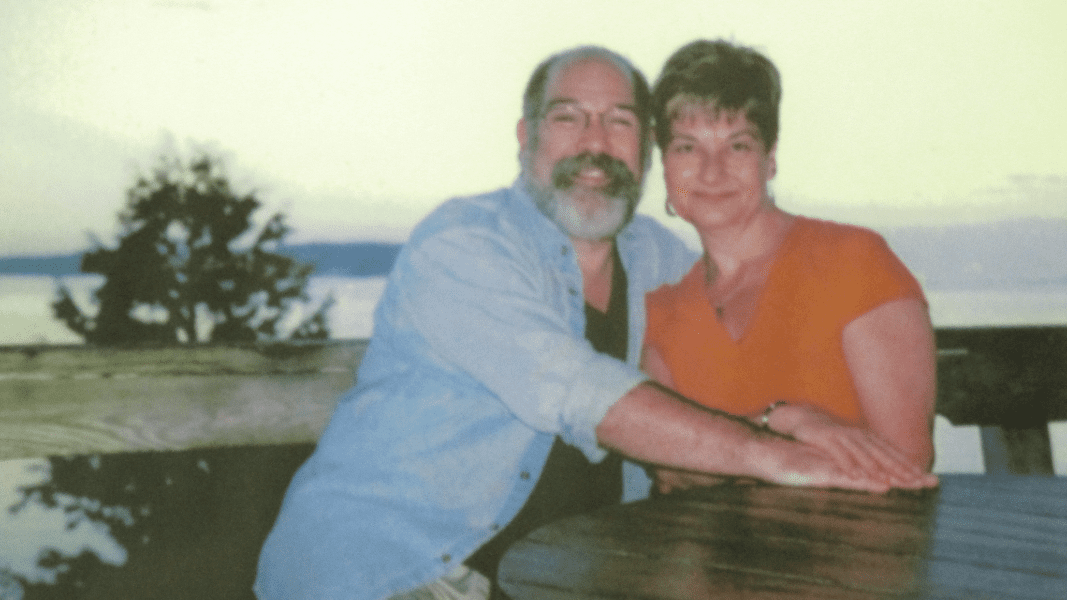One of my favorite quotes on writing, about the importance of throwing out material, comes from Annie Dillard’s book, The Writing Life. Here is what Dillard says about arriving at an unexpected place when writing fiction:
The new place interests you because it is not clear. You attend. In your humility you lay down the words carefully, watching all the angles. Now the earlier writing looks soft and careless. Process is nothing; erase your tracks. Then she adds: I hope birds ate the crumbs. I hope you will toss it all and not look back.
What does she mean? Can she be serious? Are we really supposed to throw out what we’ve written, because ‘the new place interests us’?
The answer, all too often, is yes.
Arriving suddenly at a new place when writing a story — a place that is deeper, stronger, or odder than anything you could have planned – can feel incredibly exciting. It’s as though you are on a train, and the tracks have suddenly hit a railway turntable, and you’ve been spun around and shunted off in a new, thrilling direction. However, excitement may be quickly followed by exasperation — even despair. So much of what brought you to this place — notes, drafts, writing –may have to be chucked. They just don’t work anymore, or look flimsy, compared to what’s now in front of you.
I didn’t know any of this when I started writing short stories. I thought the words were the whole point. I polished, and agonized (and I still do). But slowly I have come to realize, after countless stabs of horror as work has had to be jettisoned, that throwing stuff out is a key part of the fiction writer’s profession.
I remember going to the Toronto Reference Library fifteen years ago, struggling over a story that wouldn’t work. I knew it was set in 1968, and included a beautiful mother whose hands changed colour according to what she was batiking that day – crimson, Prussian blue, mordant green. But I couldn’t figure out what happened, and I was writing myself into tighter and tighter circles, obsessing over lines, sharpening and clipping.
In despair, I went to the library sound room and looked up an interview with Alice Munro, and played it through earphones. She talked about how her fiction would ‘harden’ and become ‘too smooth on the surface’ and she would need to go back in, loosen it up. She said, ‘But this is nothing special about me – all writers do this.’ And I thought, Do they? Is this what writers do? I certainly didn’t. The story I was working on was hard as rock. Yet the key, she seemed to be suggesting, in her deceptively simple way, was somehow to get under the words.
Now, after two story collections and a novel, I think I’m getting better at recognizing when to throw stuff out — though I still groan when I feel a piece shake as it begins to shunt. I just think my recovery is quicker. I’ve learned to recognize the rocking motion, the dizzying sensation that precedes a story’s shift. I’ve also learned, post collapse, to move on more quickly.
Tidying up my study one afternoon last winter, after completing Oh, My Darling, I found about a dozen notebooks in different drawers, filing cabinets, book shelves. I sat on my striped chair in the winter sunshine and leafed through them. By now I’m familiar with my snaking process, but still I was shocked to see the long evolution of some of my stories. Now that they were actually done, I had begun to envision them as having grown without too much complication, yet here they were – paragraphs, stabs of lines, then big gaps where I polished and revised on computer. Then new versions of the story, new stabs at getting underneath.
This process went on and on, in notebooks collected over a six year period. Though I knew that one of the stories in the book, “The War between the Men and the Women,” had been looping and shaking and dropping its skin for much longer. In fact, it was that old batiking story that I had despaired over on my visit to the Toronto Library all those years ago!
If I had known when I set out to write these stories that this would be my process, and that so much of what I wrote would be thrown away, I might have said, That’s too exhausting. But I didn’t think about it that way. Like most story writers, I was following the glimmer at the end of the path, allowing my earlier words to fall away as new ways of seeing gripped me.
However – and this is the Catch 22 fiction writers learn to be familiar with – as you move from draft to draft, you still have to believe, almost slavishly, in the precise words you are choosing. You can’t see them as expendable. You have to work with them carefully, laying them down as though for all eternity. Only then will they become the implements you can use to dig yourself to a new place.

Feature Photo: Freepik
Gif: Gifly










